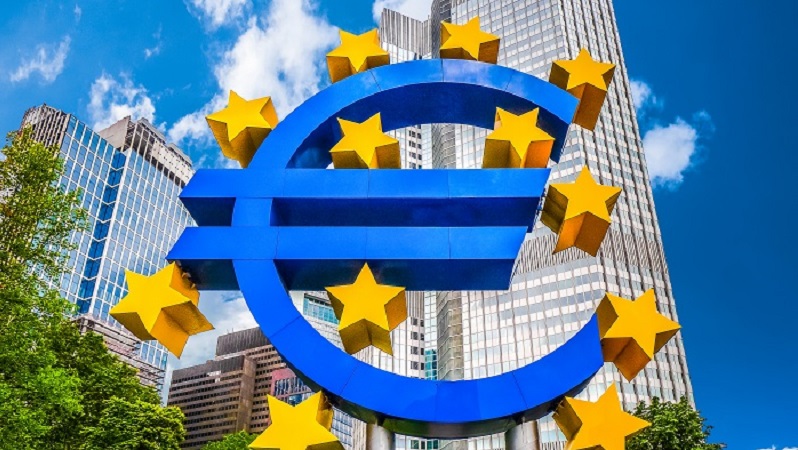Eurozone economies grew 0.3% in the first three months of the year, topping market expectations and making a June rate hike more likely.
JP Morgan global market analyst Natasha May said this “meaningful gain” in economic growth – paired with the drop in core inflation to 2.7% – is paving the way to ideal conditions of the European Central Bank (ECB).
“With higher-frequency indicators such as the PMIs also picking up, this print is a definite cause for optimism,” she added.
“And while headline inflation held steady in April – thanks to energy prices looking less flattering versus year-ago levels – services prices finally decelerated after five months of no change.”
Services inflation has been the main barrier preventing the ECB from cutting rates and is the “key watch item,” but these latest readings have put the bank “on track”.
However, Quintet Private Bank CIO Daniele Antonucci warned that the outlook for potential cuts might not be so rosy.
“The glass-half-empty story is that the pace of growth remains rather anaemic, with the forward-looking indicators pointing to moderately positive economic conditions,” he explained.
“The contrast with the US, where domestic demand looks resilient and GDP growth appears to be re-accelerating, is stark.”
Despite food and energy prices remaining volatile, Antonucci said the overall direction of Eurozone inflation was trending downward, with economic growth picking up.
The Irish economy grew the most over the first three months of 2024, climbing 1.1%. It was followed by Latvia, Lithuania, and Hungary, which all grew 0.8% throughout the first quarter.
In fact, Sweden was the only economy that shrank over the period, even if it was a shallow 0.1% decrease.
The ECB could well plough ahead with its plan to begin cutting rates in June if this trend continues, but its decision may be swayed by the Federal Reserve, according to Antonucci. He said the US central bank could wait longer before lowering its rates, which could impact eurozone economies.
“If the ECB were to press ahead regardless, the euro might weaken, as short-term currency dynamics tend to be driven by interest rate differentials between the two regions,” Antonucci added.
“A weaker euro would likely raise imported inflation, and so complicate the ECB goal of returning consumer inflation back to its 2% target.”







